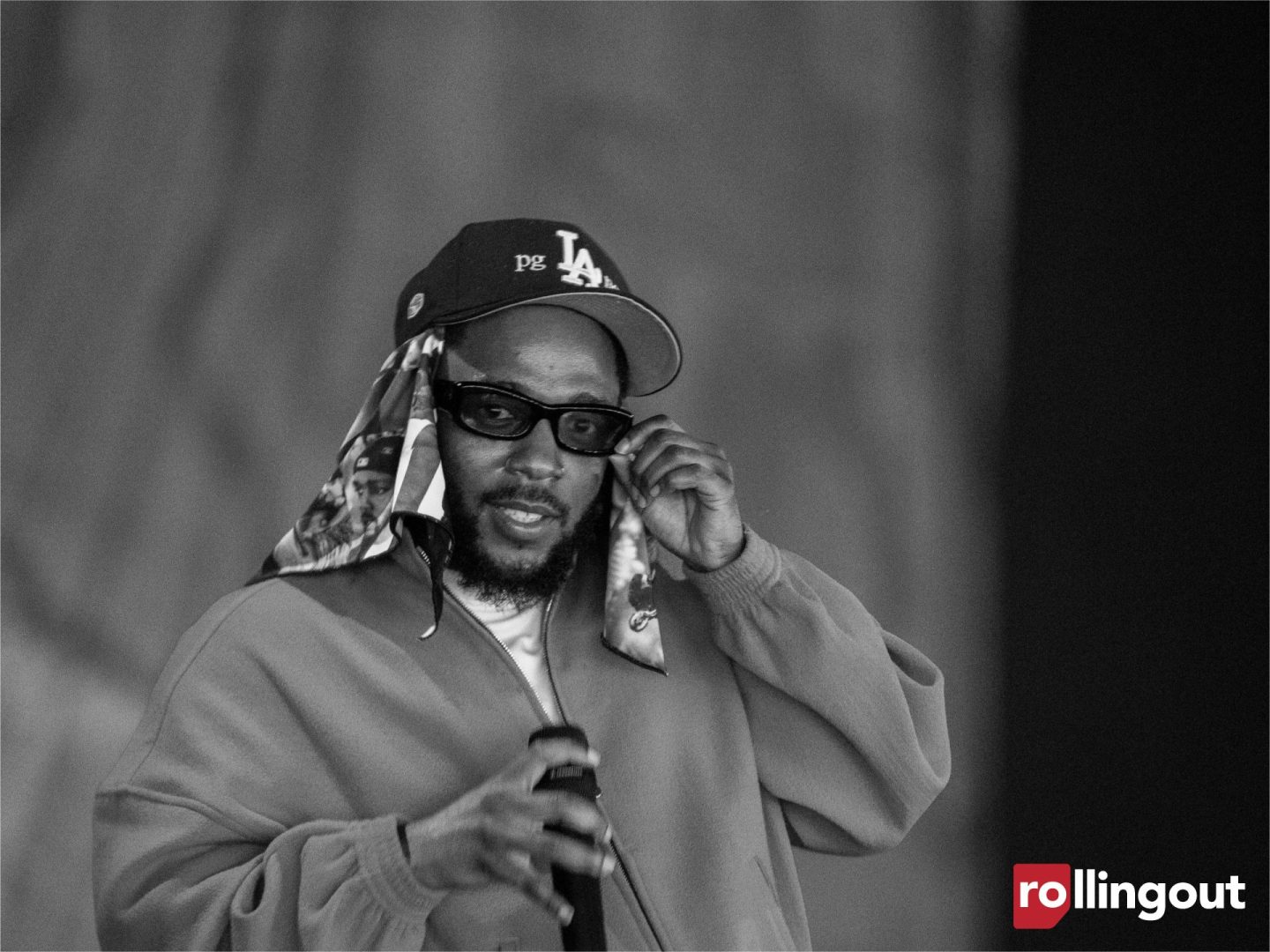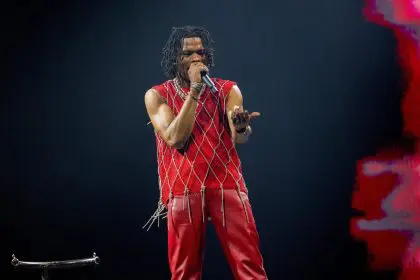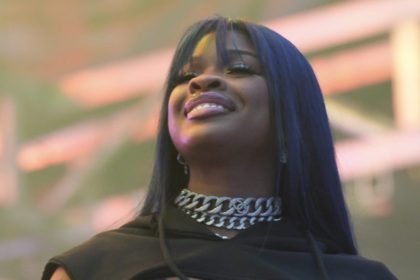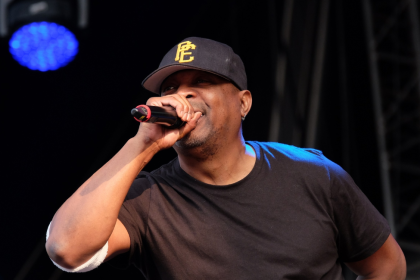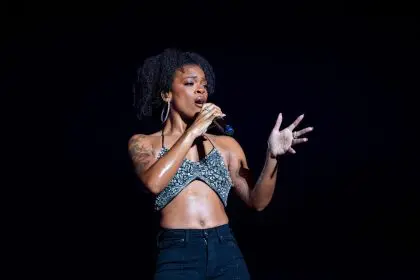Kendrick Lamar’s recent surprise album, “GNX,” has ignited a firestorm of reactions, particularly from white comedians. One of the standout moments from the album is found in the intro track, “wacced out murals,” where Lamar delivers a powerful line: “Don’t let no white comedian talk about no Black woman, that’s law.” This statement has resonated deeply, prompting various responses from the comedy community.
Comedians react to Lamar’s provocative line
In the wake of Lamar’s remarks, several white comedians expressed their displeasure. Notably, comedian Gary Owen was among those who took umbrage. However, many social media users speculated that Lamar’s comments were directed at Andrew Schulz, who had previously made controversial jokes about Black women on his podcast, “Andrew Schulz’s Flagrant with Akaash Singh.”
During that podcast episode, Schulz’s guests, James Duncan and Fuhad Dawodu, faced backlash for laughing along with his jokes rather than challenging them. In response to the criticism, the two British podcasters issued an apology, while Schulz remained unapologetic.
Schulz’s sarcastic response
Weeks after the album’s release, Schulz addressed Lamar’s line in a sarcastic manner on his podcast. He quipped, “Nobody has respected women more, through art, than rappers. So I completely understand how a rapper could look at a comedian telling a joke and be like, ‘Yo y’all need to switch that s— up.’ ” This comment was followed by a mock performance where he rapped stereotypical lyrics that disrespect women, further escalating the tension.
Co-host Akaash Singh joined in on the banter, taking shots at Lamar by referencing a past incident where Lamar allegedly threatened to remove his music from Spotify due to the platform’s decision to censor R. Kelly’s music. However, this claim was clarified later, as it was actually TDE CEO Anthony “Top Dawg” Tiffith who made that threat, not Lamar himself.
Controversial collaborations and critiques
Singh also pointed out that Lamar has collaborated with Chris Brown, a figure notorious for his history of violence against women. This juxtaposition raised eyebrows and added another layer to the ongoing discussion about respect for women in both comedy and hip-hop.
Schulz concluded his segment with a tongue-in-cheek remark, stating, “What a time to be alive, where rappers gotta talk about comedians for clout.” This comment reflects a broader trend in the entertainment industry where artists and comedians often find themselves at odds over cultural commentary and respect.
The broader implications of Lamar’s statement
Lamar’s line has sparked a significant conversation about the boundaries of comedy and the responsibilities of comedians when discussing sensitive topics, particularly those involving marginalized communities. The backlash against Schulz and the reactions from other comedians underscore the complexities of race, gender and humor in today’s society.
As the dialogue continues, it’s essential for both comedians and artists to navigate these discussions thoughtfully. The intersection of race and comedy is a delicate one, and Lamar’s bold statement serves as a reminder of the importance of understanding the impact of words and the cultural context in which they are delivered.
Lamar’s powerful words have not only challenged comedians but have also opened the floor for critical discussions about respect, representation, and the role of humor in addressing serious societal issues. As the conversation evolves, it will be interesting to see how both comedians and artists respond to this ongoing dialogue.

